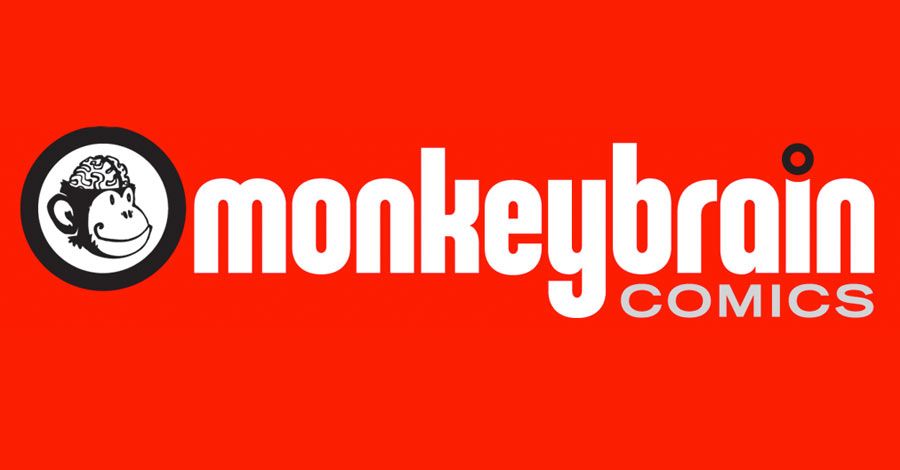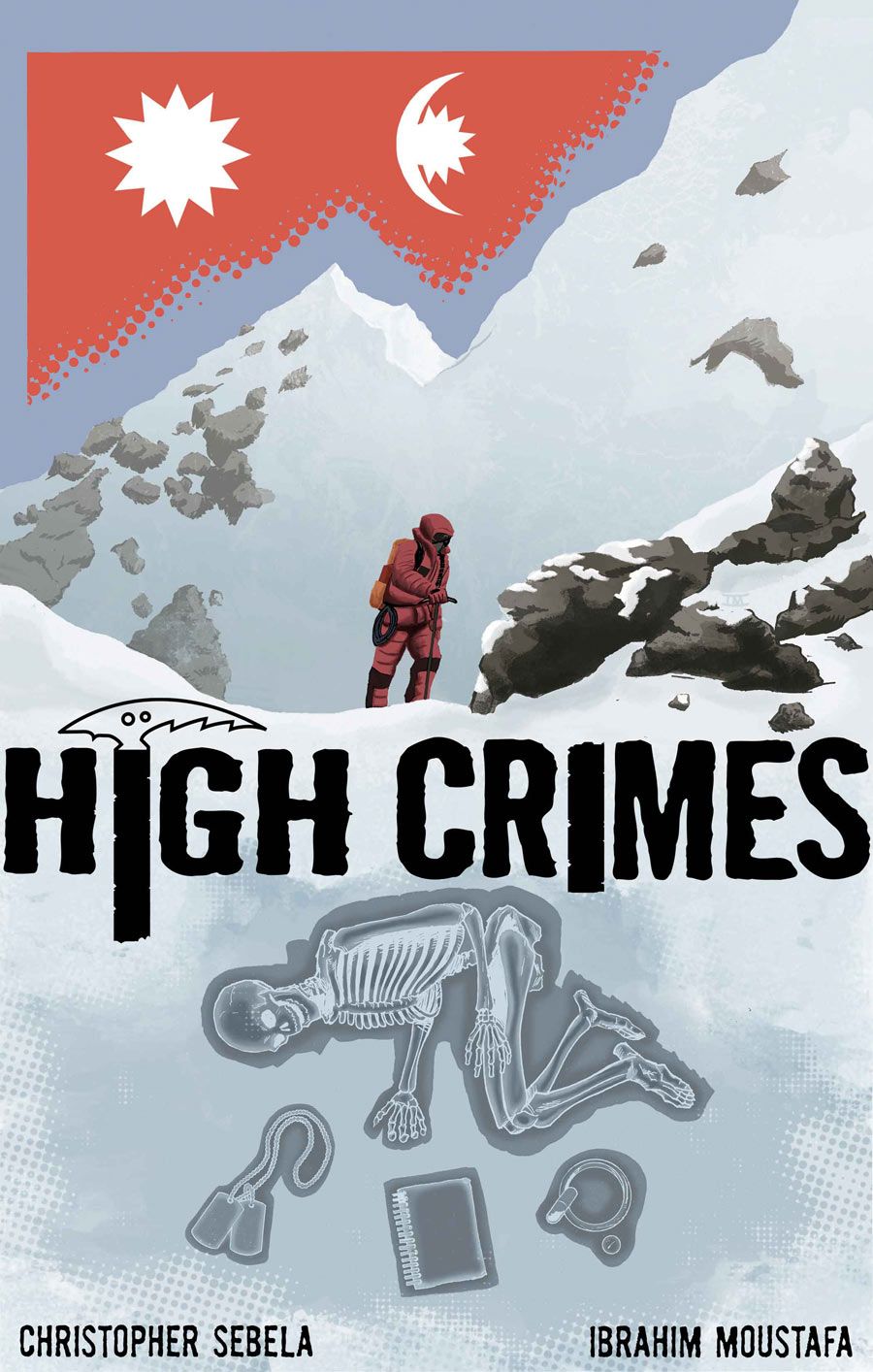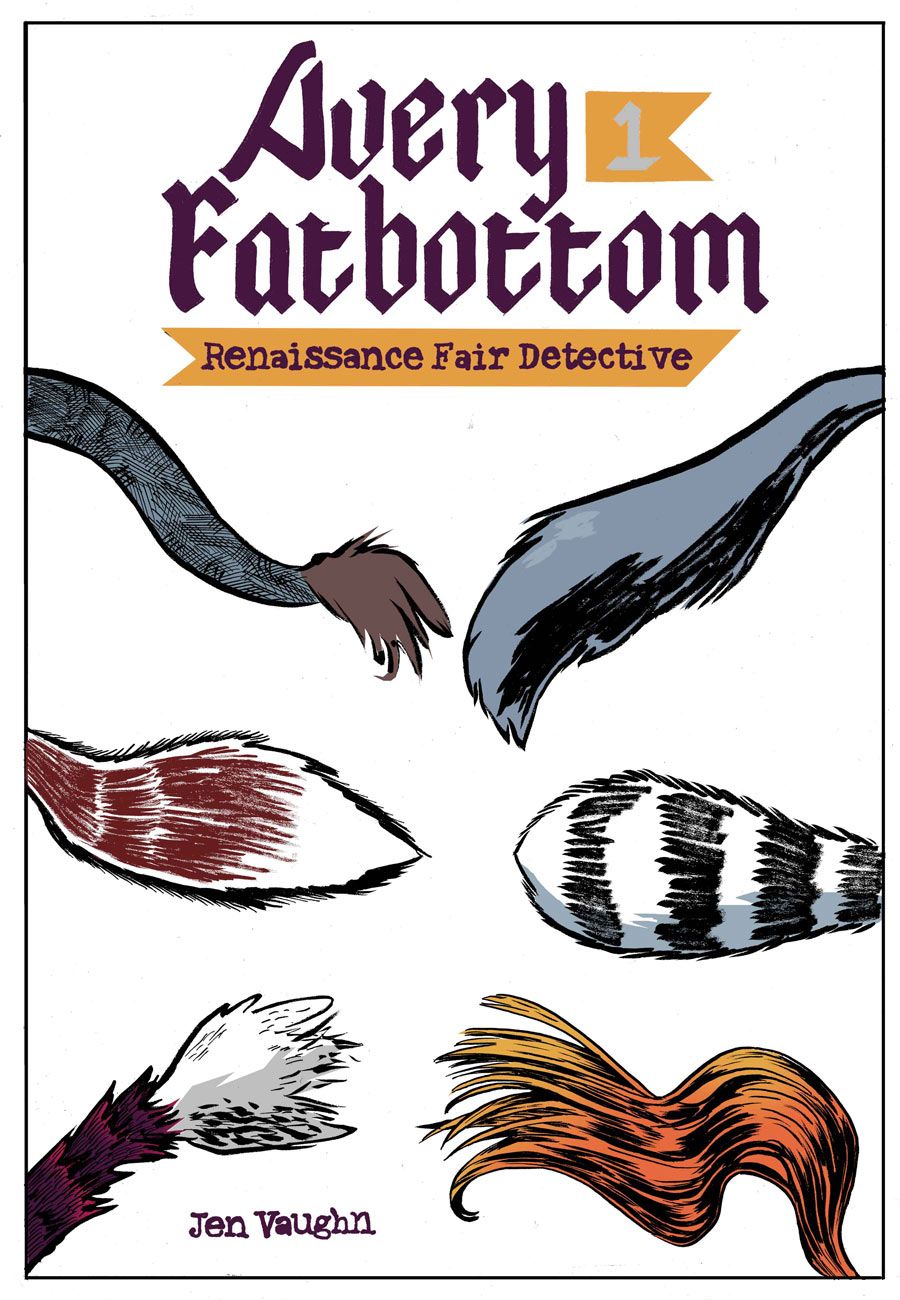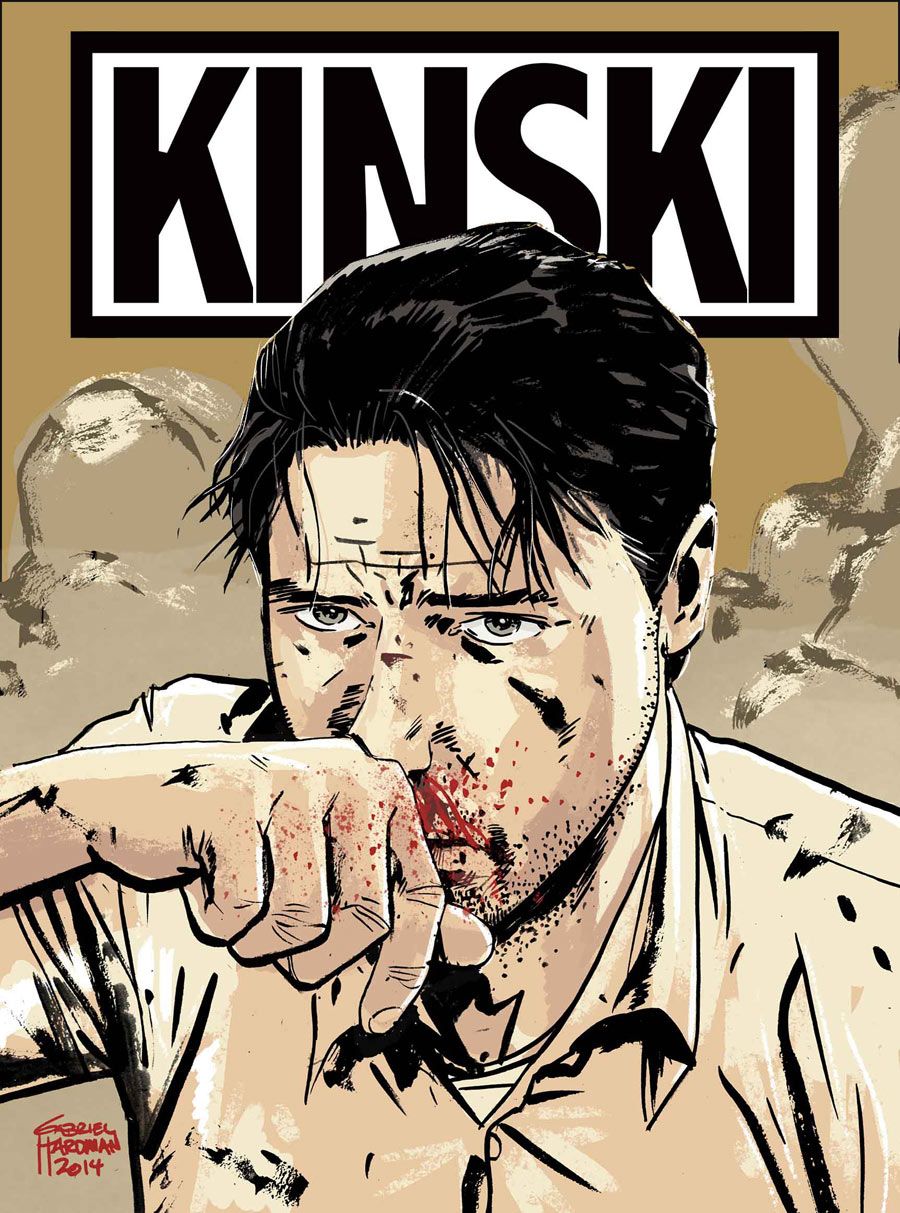On Thursday night at Comic-Con International in San Diego, Chris Roberson and Allison Baker, co-founders of MonkeyBrain Comics, were joined by a host of digital creators for a general discussion of the benefits and costs of digital and print comics. Though MonkeyBrain has launched new titles at Comic-Con in the past, Baker explained that they weren't doing so this year because, of the difficulty in making sure their announcements are noticed amongst the bigger companies' presentations.
Joining Baker and Roberson on the panel were "Heartbreakers" creator Paul Guinan, "High Crimes" creator Christopher Sebela, "Avery Fatbottom: Renaissance Fair Detective" creator Jen Vaughn, and "Kinski" creator Gabriel Hardman. The creators introduced themselves and talked briefly about their experiences with MonkeyBrain, and then the panel was opened up to questions from the audience.
Guinan explained that, with this year being the 25th anniversary of "Heartbreakers," he and writer Anina Bennett felt that it was time to revisit the series. "Heartbreakers" is currently available through MonkeyBrain and comiXology.
Hardman said "Kinski," coming as a print collection from Image in November, would not have been possible without MonkeyBrain. "'Kinski' is an odd little book. It's black and white, it's a quirky story about a guy who steals a dog," he said. The digital model allowed the series to build a readership, which led to the print edition.
Sebela described his series, "High Crimes," as his "Hail Mary pass" in comics. After rejection from a publisher, Baker and Roberson approached him about releasing the series digitally. "Everything about it," he said, "I understood why no publisher wanted to publish it. But I believed in it." Sebela joked with illustrator Ibrahim Moustafa about winning Eisners, and was surprised when the series was nominated for two this year, for Best New Series and Best Digital/Web Comic.
"The heart of MonkeyBrain is books that people are passionate about, whether or not they are marketable," Vaughn said. Though she joked about the niche nature of "Avery Fatbottom: Renaissance Fair Detective," Roberson said, "Every project that we take on at MonkeyBrain is something that we want to see more of."
An audience member asked if there would be any changes at MonkeyBrain following the announcement of Baker's new position as Director of Operations at publisher IDW. Roberson said that there would be "no change whatsoever. The reality is that we've both always had day jobs, MonkeyBrain is our side project, so she just has a different day job now."
When asked about Amazon's acquisition of comiXology, Roberson said that he thought it was good for comics. "If Amazon manages to get individual issues of comics available for sale through their website, the way that they do Kindle sales, that's fantastic." Specifically pointing to the newly announced DRM-free format, Baker and Roberson are optimistic about this development.
Roberson, Guinan and Hardman discussed the differences in page layouts for digital comics. Guinan said that he still considered full-page composition, while Roberson said that he had been surprised to discover that the two-page spread was lost with digital comics. Hardman said that he had navigated the exchange between single panels and full pages by keeping "Kinski" on a 6-panel grid. "I'm always thinking about that whole page," he explained, "but that doesn't preclude the fact that it can work panel by panel as well."
Sebela said that the use of sideways panels in "High Crimes" was not inspired by the digital format. "We just thought it would be cool," he said. "That's pretty much the genesis of anything we do on the book: does it work for the story and then, is it cool?"
Asked about Panel Syndicate, the digital distribution system launched last year by Marcos Martin and Brian K. Vaughan, Baker said, "We don't view anything as competition. We don't view publishing as competition at all." The pay-what-you-want model, she and Roberson explained, works for creators with existing audiences. MonkeyBrain, however, is establishing new creators, which leads to needing a different type of business model.
All agreed that two of the main advantages of digital were the low start-up cost and outreach to audience. When working on a novel, Guinan said, "you don't want to be out of the picture for months that you're working on it. You want to be able to put out samples and let people see what you're working on and maybe also build an audience. So digital helps you stay in the public eye until you get to a place where you can put out your collection."




